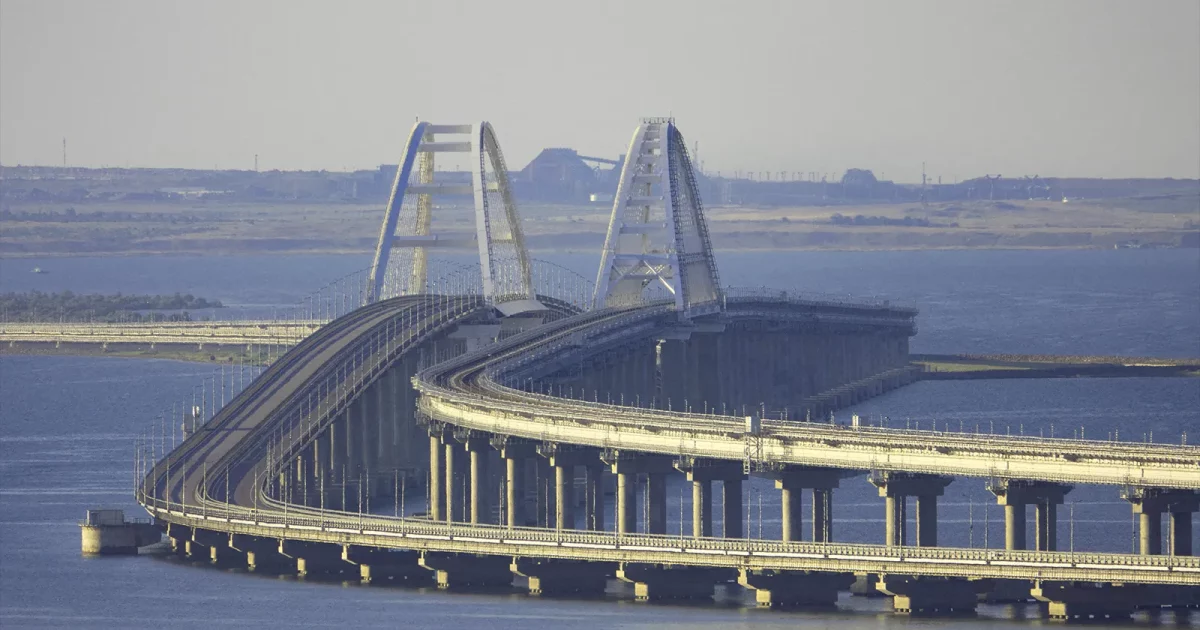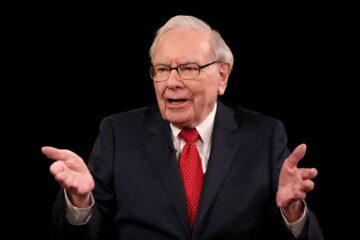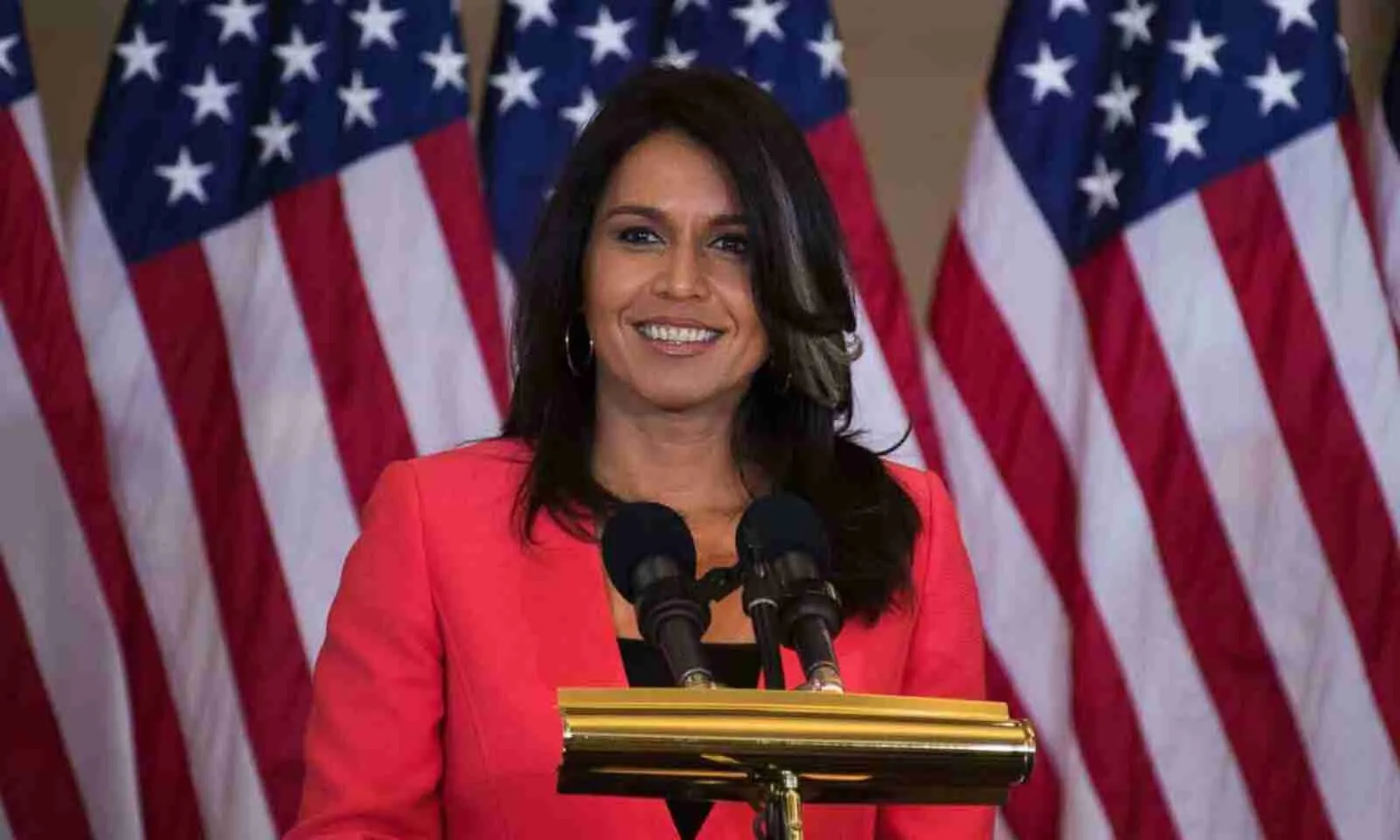
In a significant development, Russia has decided to halt its participation in the U.N.-brokered grain deal, which allowed Ukraine to export grain through the Black Sea. This decision has raised concerns among poorer nations, as they fear that the resulting price increases will make food inaccessible for many. The move came shortly after a blast targeted Russia’s bridge to Crimea, which Moscow claims was carried out by Ukrainian sea drones. While the Kremlin denies any connection between the attack and the grain deal suspension, the United Nations Secretary-General Antonio Guterres emphasized that the repercussions of Russia’s withdrawal would have a detrimental impact on people in need worldwide.
The Kremlin spokesperson, Dmitry Peskov, stated that Russia’s withdrawal from the grain deal was due to the failure to meet its demands for implementing a parallel agreement to ease restrictions on its food and fertilizer exports. Peskov clarified that the agreement’s effectiveness had been terminated, as the required measures pertaining to Russia were not implemented. However, he insisted that the attack on the bridge was unrelated to the decision to suspend the grain deal.
The United Nations Secretary-General, Antonio Guterres, expressed deep concern over Russia’s withdrawal from the grain deal, stating that it would have far-reaching consequences for vulnerable populations worldwide. The interruption of grain exports from Ukraine and Russia, both major food exporters, has the potential to drive up food prices globally, particularly in impoverished nations. The International Rescue Committee (IRC)’s emergency director in East Africa, Shashwat Saraf, highlighted the severe impact on countries like Somalia, Ethiopia, and Kenya, which are already grappling with the worst drought the Horn of Africa has seen in decades.
President Volodymyr Zelenskiy of Ukraine addressed the situation by suggesting the possibility of resuming grain exports without Russia’s participation. He indicated that Ukraine would seek support from Turkey to effectively counteract the de facto blockade imposed by Russia. Despite the challenges, Ukraine remains determined and confident, as shipowners and companies have shown readiness to continue supplying grain if Ukraine allows and Turkey permits the transit.
The recent blast on the road bridge leading to Crimea has direct implications for Russia’s ability to supply its troops in southern Ukraine. The incident highlights the vulnerability of Russia’s Black Sea infrastructure, as it was reportedly caused by seaborne drones carrying explosives. The bridge, constructed by Russian President Vladimir Putin after the annexation of Crimea in 2014, suffered significant damage, halting traffic in both directions. President Putin promptly ordered repair work to begin, emphasizing Russia’s intention to respond to what it deemed a “senseless” attack.
The White House expressed concern over Russia’s suspension of the grain pact, warning that it would worsen food security and harm millions of people. The international community echoed these sentiments, with Turkish President Tayyip Erdogan, the sponsor of the grain deal, expressing hope for its continuation. Meanwhile, Western countries accused Russia of using its leverage over the agreement to weaken financial sanctions that do not apply to agricultural exports. European Commission President Ursula von der Leyen criticized Russia’s move as a “cynical move,” pledging the EU’s commitment to securing food supplies for impoverished nations.



